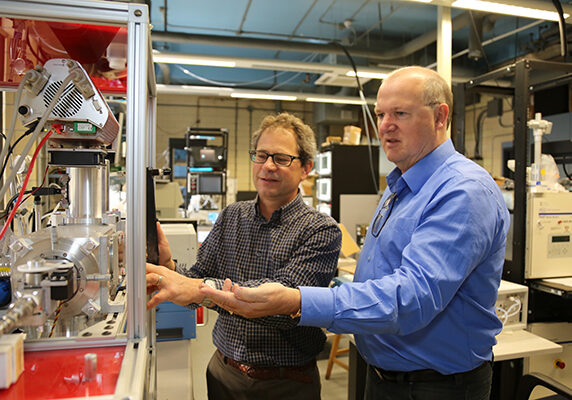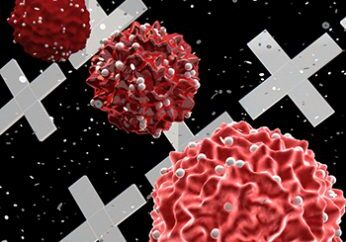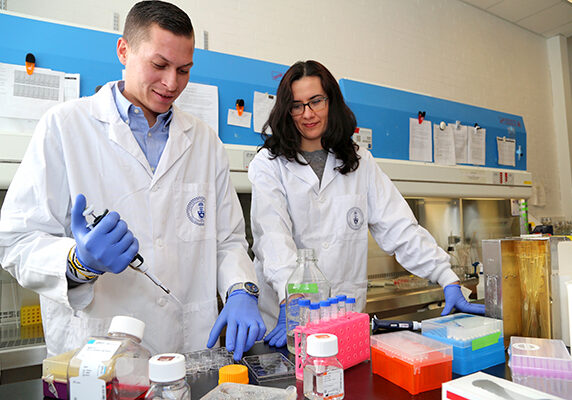
Skin cells ‘crawl’ together to heal wounds treated with unique hydrogel layer
Research team led by Milica Radisic uses their patented peptide to close non-healing chronic wounds caused by diabetes
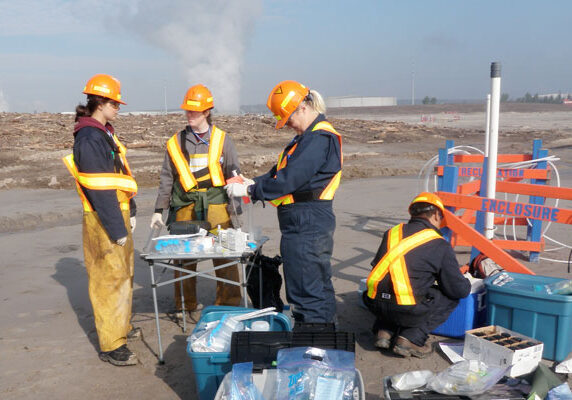
Ancient microbes could offer insight on better mining wastewater strategies
Professor Lesley Warren and her team will use genomics to study the microorganisms that live in mine tailings, with the aim of preventing pollution and remediating contaminated sites.
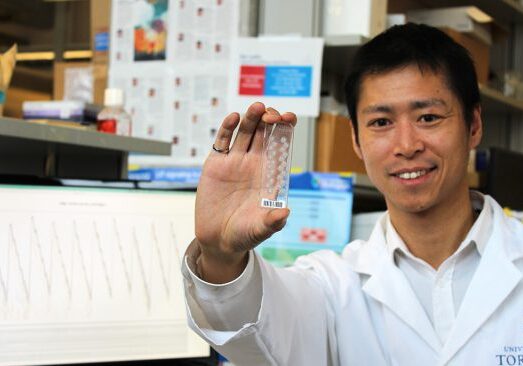
New stem cell-based gene test predicts patient risk in acute myeloid leukemia
IBBME PhD candidate Stanley Ng applies machine learning background to design smarter, faster test to help leukemia doctors select the best treatment for their patients
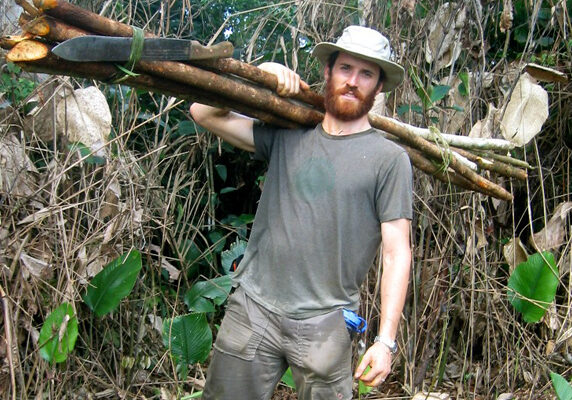
The next generation of solar pioneers: Electrifying a nation
U of T Engineering alumni John Paul Morgan and Shawn Qu are entrepreneurs whose ingenuity is lighting up parts of the Democratic Republic of Congo
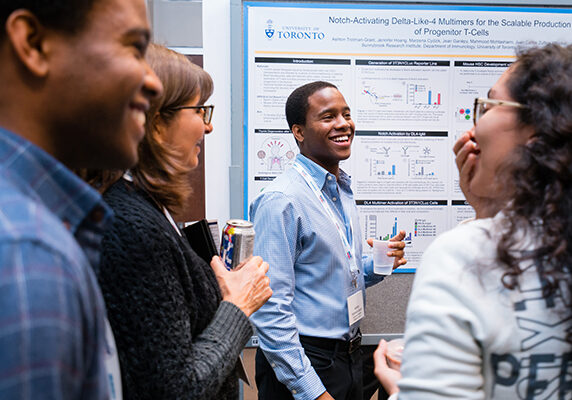
Medicine by Design symposium shines spotlight on regenerative medicine at U of T
“We are contributing something new by converging people from diverse disciplines — mathematics, the physical sciences, engineering, biology and medicine — around the big questions in regenerative medicine”
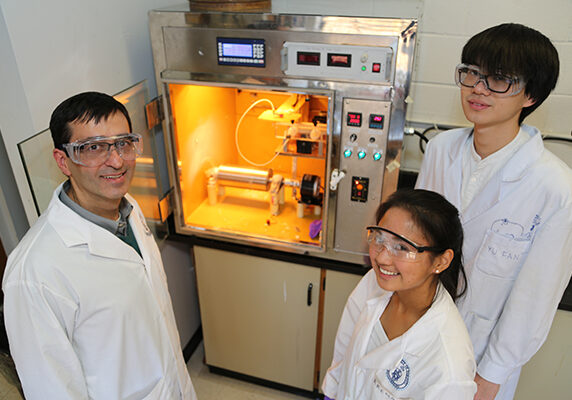
Clean water, clean air: U of T Engineering research addresses big sustainability questions from resource scarcity to climate change
Ramin Farnood is an established leader in water decontamination — now he’s applying that expertise to tackle climate-warming emissions
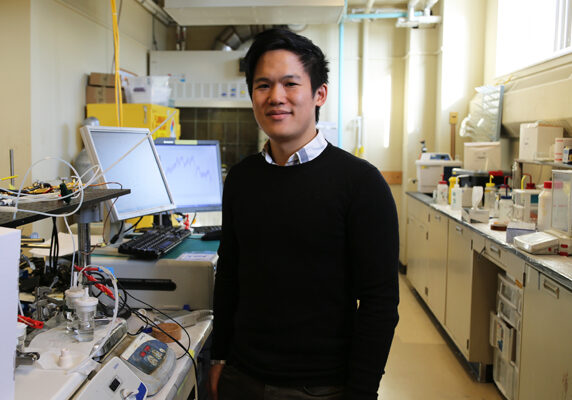
U of T team advances to next round of Carbon XPRIZE competition
A team of U of T researchers led by Professor Ted Sargent had advanced to the second round of the NRG COSIA Carbon XPRIZE international competition.

